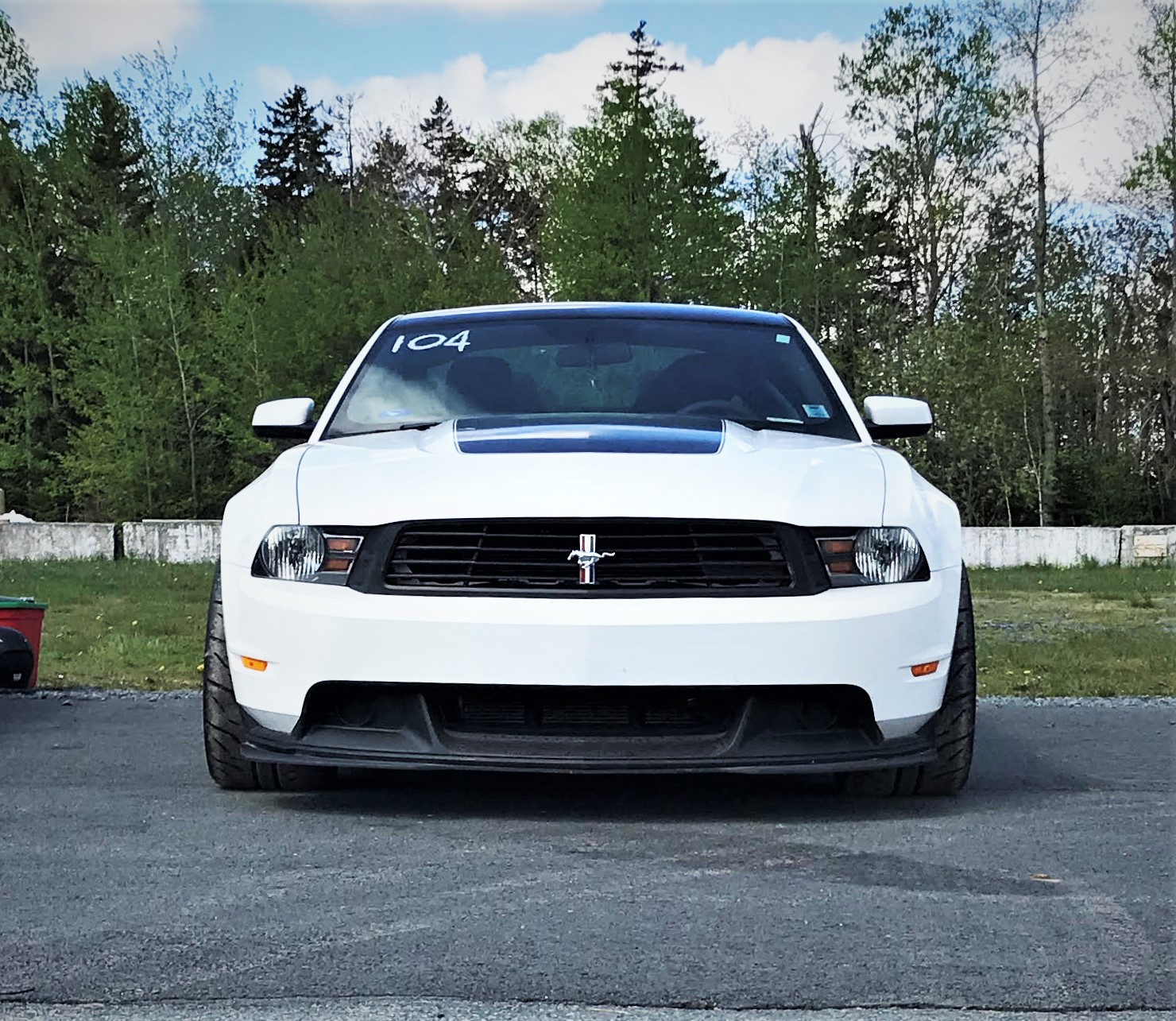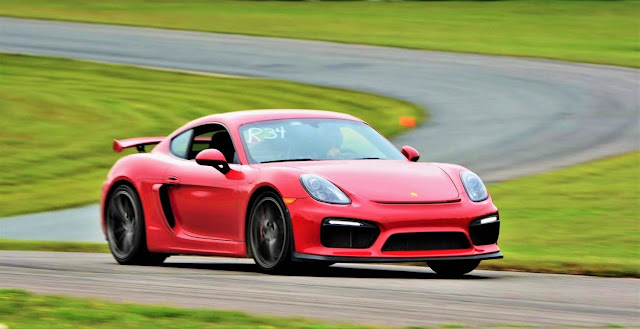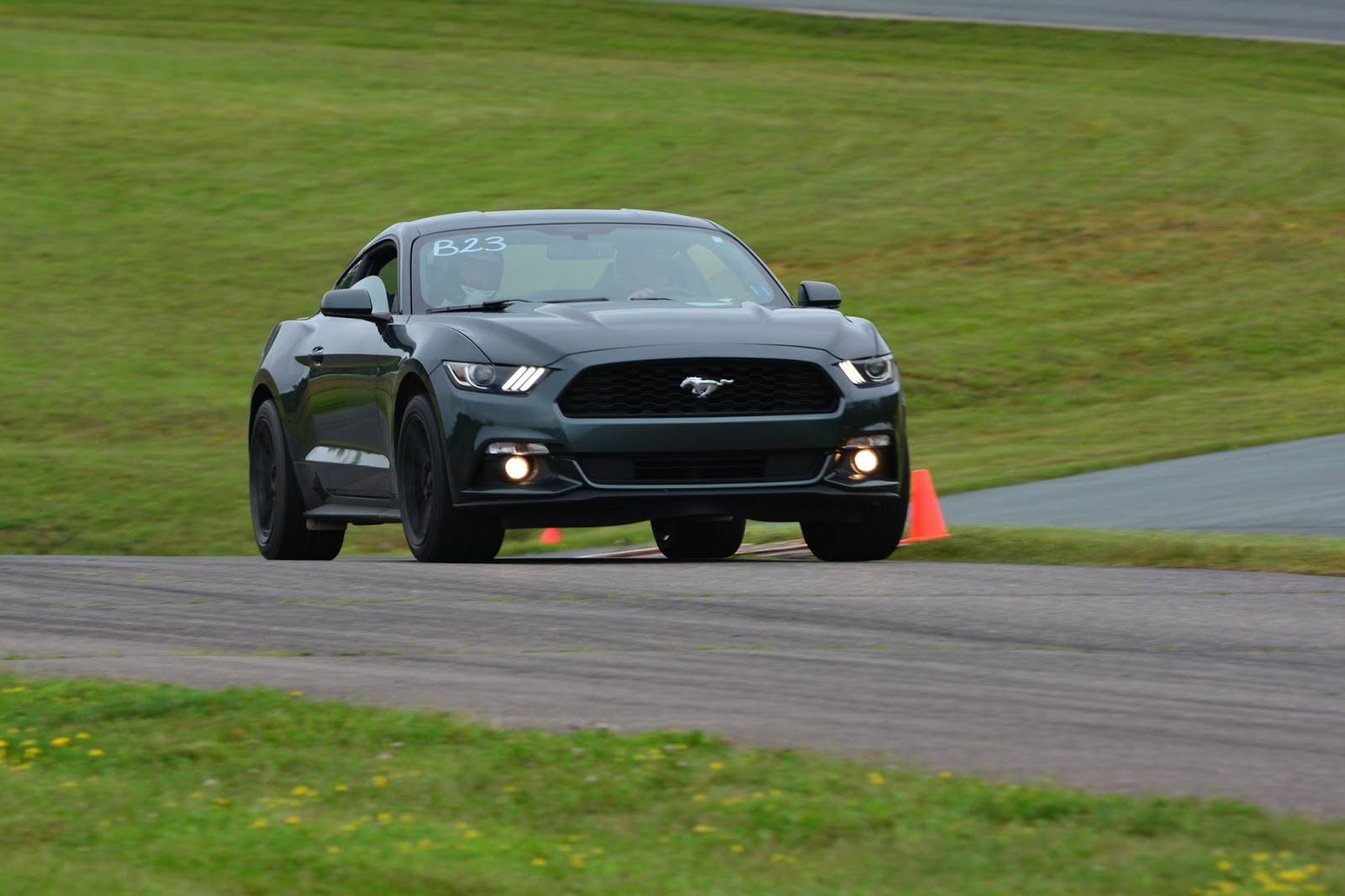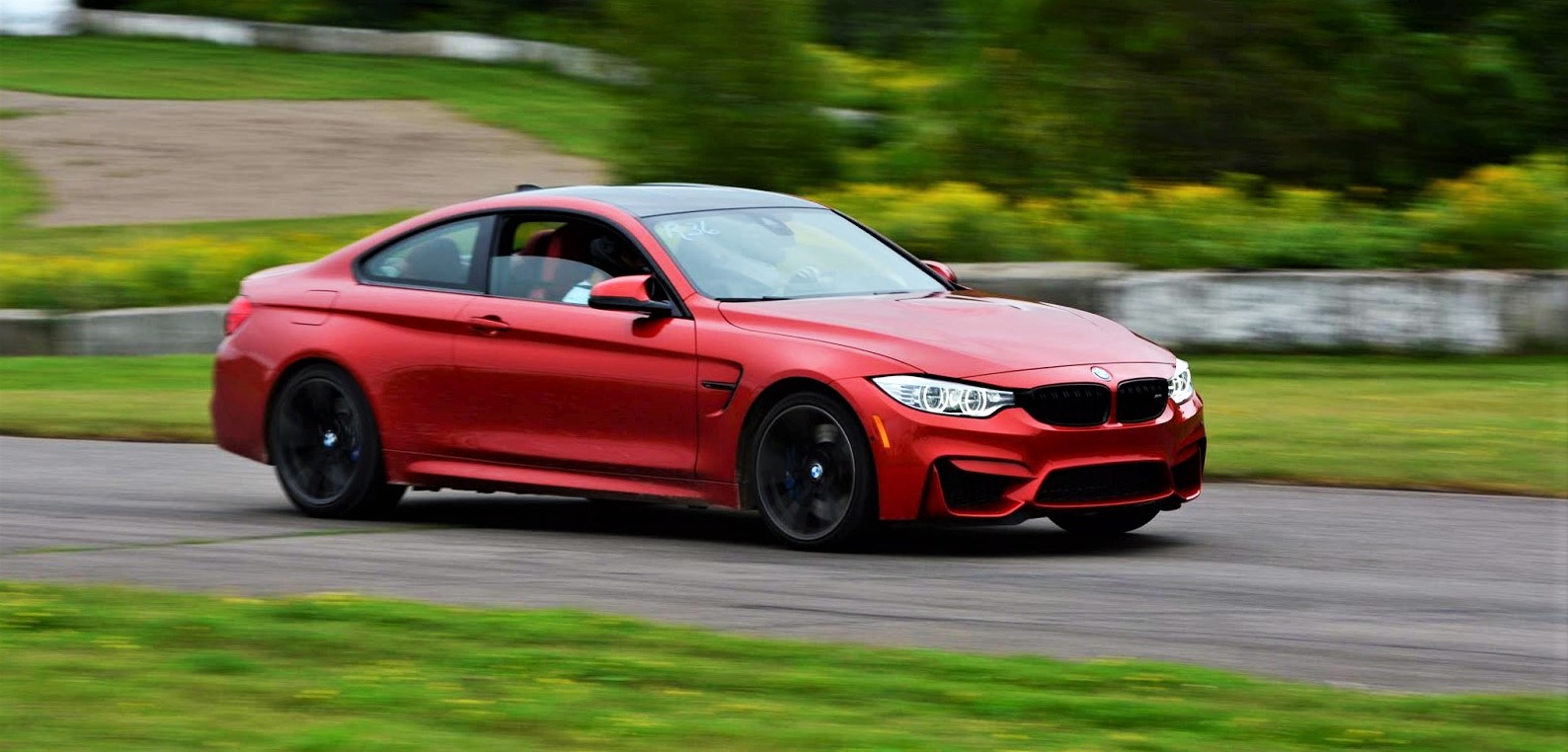F1 cars. BMW M3/M4. BMW M5. McLaren. Audi RS5. Those are just a few examples of cars whose noises lay victims in the path of turbocharging. But, they say the future is turbocharging. Or the present, really, if you look at how many cars already are turbo, some even base and optional engines. There are a lot of technical pros and cons to turbocharging, which I won't get into here. but one of the biggest subjective downsides is the noise. Some dismiss it, if the specs and the numbers are good. Some prefer all the whine, whooshing, and hissing. Some, however, mourn the death of N/A noise. Everyone who is even slightly familiar with what I like in cars knows I'm in the last group, and it turns out to be a special group because Ferrari engineers and/or their customers are in the group as well, because Ferrari is patenting a technology that makes turbo engines sound better. The system is a hybrid (no pun intended) between an electric supercharger and a traditional turbo. An el
Last year, I picked up a 2009 Lancer Ralliart to do a long term test with it as a dual duty track/daily. One of the first things I knew I was going to do was put a decent set of tires on it. The car came without OEM wheels which was actually good because I didn't have to hesitate about getting a good set of aftermarket wheels to support going wider. Thankfully, my friends at YST Auto Halifax set me up with a great set of Superspeed RF03RR wheels. The Wheels I had never even heard of Superspeed but I trusted the good folk at YST Auto who mentioned some customer cars running on track with them. These wheels are rotary forged which is basically a prerequisite to be taken seriously in this market populated by companies like TSW and Fast Wheels. The wheels looked like a high quality, well finished wheel and each had a "QC" check sticker on. Just for appearances? Maybe, but I found no defects. The wheels seemed easy to balance (didn't need many weights) and at 18.1 lb. f










